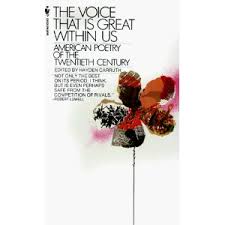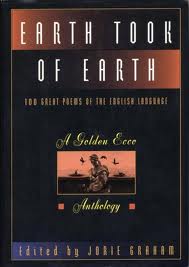Joseph Rudyard Kipling was born December 30, 1865, in Bombay, India, to a British family. When he was five years old, he was taken to England to begin his education. He returned to India at the age of seventeen to work as a journalist and editor for the Civil and Military Gazette in Lahore. Kipling published his first collection of verse, Departmental Ditties and Other Verses, in 1886 and his first collection of stories, Plain Tales from the Hills, in 1888. In the early 1890s some of his poems were published in William Ernest Henley’s National Observer and later collected into Barrack-Room Ballads (1892), an immensely popular collection which contained “Gunga Din” and “Mandalay”. In 1892 Kipling married and moved to Vermont, where he published the two Jungle Books and began work on Kim. He returned to England with his family in 1896 and published another novel, Captains Courageous. The Kipling family moved to Sussex permanently in 1902, and he devoted the rest of his life to writing poetry and short stories, including his most famous poem, “If—”. He died on January 18, 1936; his ashes are buried in Westminster Abbey.
Perhaps his most famous and beloved poem, Kipling wrote “If—” late in life and seems to be seeking to pass to the next generation a sense of the character necessary for a well-lived life. Posed almost as a question, the repeated term “if” presses the reader to consider each criterion as a integral part of the whole life. It is personalized at the end with the reference to “my son” but is applicable to anyone wanting to be a mature adult.
If
By Rudyard Kipling
(Listen to the poem here)
IF you can keep your head when all about you
Are losing theirs and blaming it on you,
If you can trust yourself when all men doubt you,
But make allowance for their doubting too;
If you can wait and not be tired by waiting,
Or being lied about, don’t deal in lies,
Or being hated, don’t give way to hating,
And yet don’t look too good, nor talk too wise:
If you can dream – and not make dreams your master;
If you can think – and not make thoughts your aim;
If you can meet with Triumph and Disaster
And treat those two impostors just the same;
If you can bear to hear the truth you’ve spoken
Twisted by knaves to make a trap for fools,
Or watch the things you gave your life to, broken,
And stoop and build ’em up with worn-out tools:
If you can make one heap of all your winnings
And risk it on one turn of pitch-and-toss,
And lose, and start again at your beginnings
And never breathe a word about your loss;
If you can force your heart and nerve and sinew
To serve your turn long after they are gone,
And so hold on when there is nothing in you
Except the Will which says to them: ‘Hold on!’
If you can talk with crowds and keep your virtue,
‘ Or walk with Kings – nor lose the common touch,
if neither foes nor loving friends can hurt you,
If all men count with you, but none too much;
If you can fill the unforgiving minute
With sixty seconds’ worth of distance run,
Yours is the Earth and everything that’s in it,
And – which is more – you’ll be a Man, my son!







_17422494921.png )

